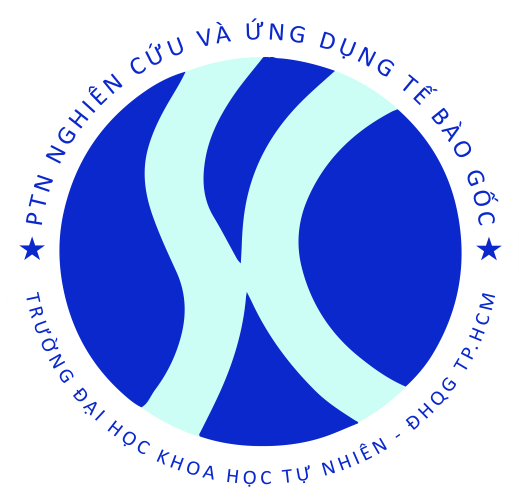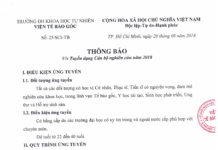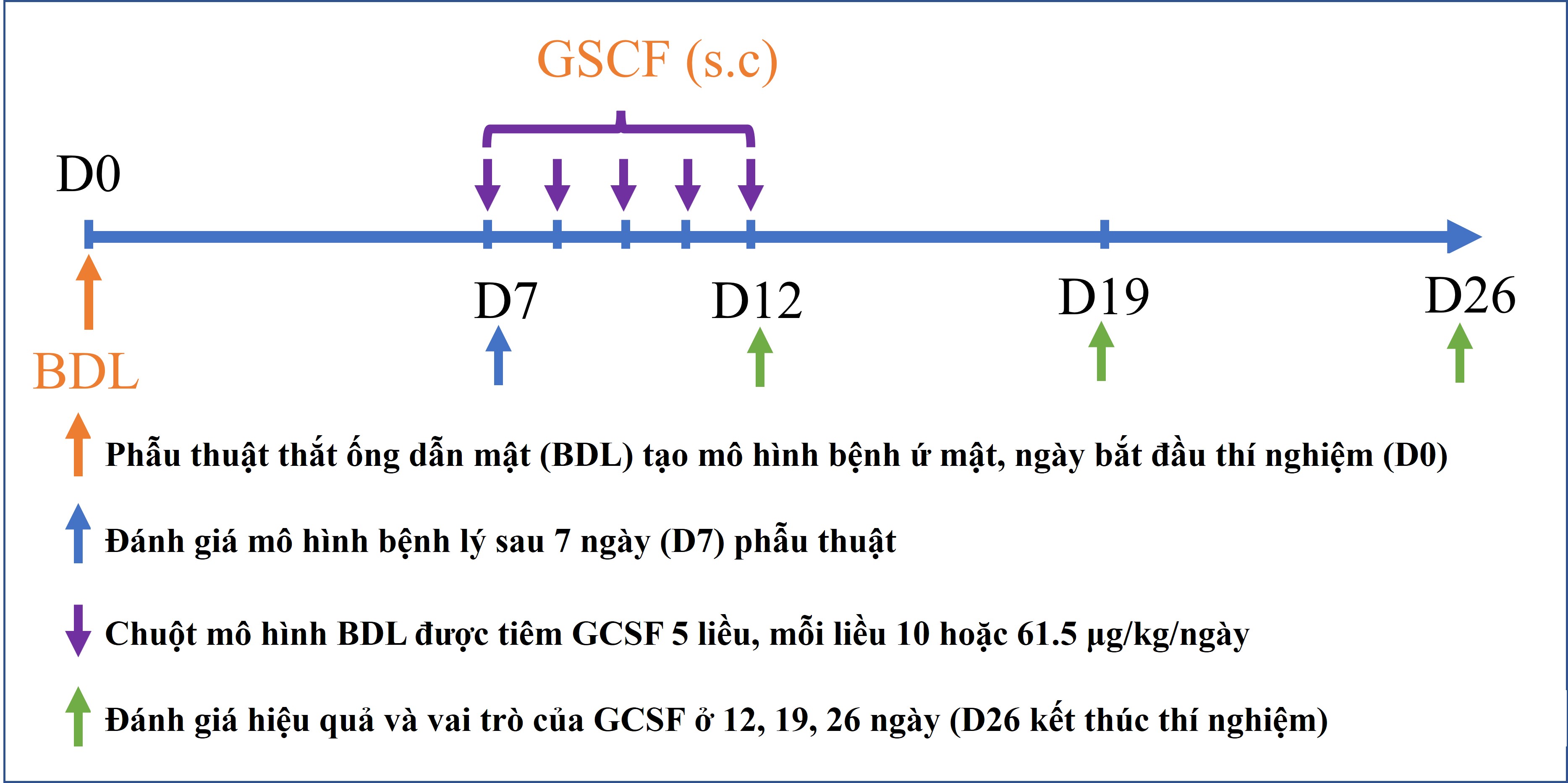Activated platelet-rich plasma improves adipose-derived stem cell transplantation efficiency in injured articular cartilage
Phuc Van Pham, Khanh Hong-Thien Bui, Dat Quoc Ngo, Ngoc Bich Vu, Nhung Hai Truong, Nhan Lu-Chinh Phan, Dung Minh Le, Triet Dinh Duong, Thanh Duc Nguyen, Vien Tuong Le and Ngoc Kim Phan
Stem Cell Research & Therapy 2013, 4:91 doi:10.1186/scrt277
Published: 1 August 2013
Abstract (provisional)
Introduction
Adipose-derived stem cells (ADSCs) have been isolated, expanded, and applied in the treatment of many diseases. ADSCs have also been used to treat injured articular cartilage. However, there is controversy regarding the treatment efficiency. We considered that ADSC transplantation with activated platelet-rich plasma (PRP) may improve injured articular cartilage compared with that of ADSC transplantation alone. In this study, we determined the role of PRP in ADSC transplantation to improve the treatment efficiency.
Methods
ADSCs were isolated and expanded from human adipose tissue. PRP was collected and activated from human peripheral blood. The effects of PRP were evaluated in vitro and in ADSC transplantation in vivo. In vitro, the effects of PRP on ADSC proliferation, differentiation into chondrogenic cells, and inhibition of angiogenic factors were investigated at three concentrations of PRP (10%, 15%, and 20%). In vivo, ADSCs pre-treated with or without PRP were transplanted into murine models of injured articular cartilage.
Results
PRP promoted ADSC proliferation and differentiation into chondrogenic cells that strongly expressed collagen II, Sox9, and aggrecan. Moreover, PRP inhibited expression of the angiogenic factor vascular endothelial growth factor. As a result, PRP pre-treated ADSCs improved healing of injured articular cartilage in murine models compared with that of untreated ADSCs.
Conclusions
Pre-treatment of ADSCs with PRP is a simple method to efficiently apply ADSCs in cartilage regeneration. This study provides an important step toward the use of autologous ADSCs in the treatment of injured articular cartilage.





